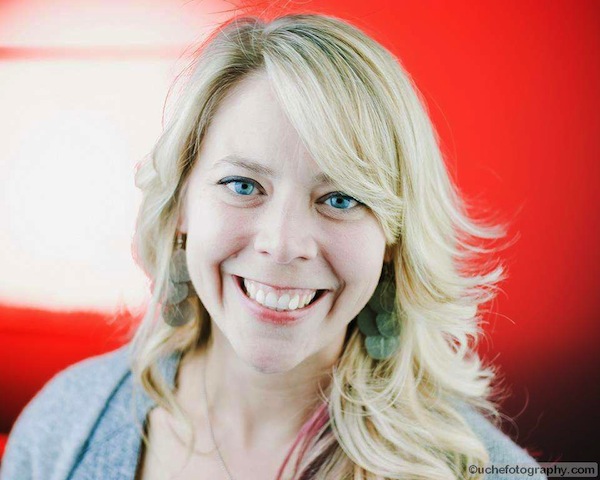
Connecting artists to communities
By Elizabeth R. Miller, Knight Foundation
From her office in St. Paul, Laura Zabel is creating tools to help artists across the country better connect with their communities and get resources The Community Supported Art program, for example, operates like Farm Share – except that instead of people buying shares of fruits and vegetables they get a bushel of locally-produced art. With a toolkit produced by Zabel’s Springboard for the Arts, CSA is helping introduce artists to new collectors in dozens of communities.
And just this week, Springboard is launching a toolkit, which will help community groups figure out ways to get artists access to healthcare. It’s another project she’s trying to replicate across the country. We spoke with Zabel recently about her views on how the arts create a sense of place and her ideal future for artists, and what’s on her plate in coming months.
Did you always know you wanted to work in the arts? L.Z.: Pretty much. Growing up, I always felt most at home in the arts. I have a degree in theater and even in high school I was already interested in how the arts contribute to community (although I never imagined this particular work!) Other than a fantasy life where I own a really great sandwich shop, I can’t really imagine doing anything else.
Who or what about the community of St. Paul inspires you? L.Z.: St. Paul and all of Minnesota is an incredible place to be. There’s a real collaborative, cooperative spirit here that is part of the culture. It’s also a place that really values the importance of art and artists to our quality of life.
How do you prioritize your work? What are you focusing on? L.Z.: Right now we’re focused on creating models and toolkits so that communities across the country can take what we’ve learned and use it to design programs and resources for artists in their regions. It’s relatively new for us and it’s so exciting to see people all over the country picking up these ideas and making them relevant to their own cities. Our vision is a national network of communities doing this work who can share ideas and resources. For example, with Knight Foundation’s partnership, we wrote a toolkit for our Community Supported Art (CSA) program, which allows groups all over the country to take the program as a template and adapt it to their own communities. And just this week we launched a toolkit for our healthcare program – we know that with the implementation of the Affordable Care Act that artists (and other self-employed people) are going to need help with system navigation and connection to local resources, so we’re really excited to be able to share the tools we’ve developed with other groups.
You work directly with artists. In what areas do you see the most need? L.Z.: For systems that connect artists with other parts of their community. In my opinion, art and artists have been way too siloed and separate from the other things that make communities work. We need simple mechanisms and on-ramps that give people the experience of working with an artist, seeing the artistic process and tapping into their own creative impulse. We need those systems to be accessible and available for artists of all disciplines, stages of their careers, cultures and geographies.
What are some of your biggest success with Springboard for the Arts? L.Z.: I’m awesome at hiring people. Springboard is made up of such hard working and creative people who care so deeply about this work. I feel like we have built an organization of people who see Springboard as a large-scale collaborative work of art, and who bring their creative skills, critical thinking and artists brains to the work every day. They inspire me.
What’s an ideal future for local artists? L.Z.: A future where artists are visible and valued for the contributions they make to their communities and all communities are able to tap into the creative contributions of artists. I want many more artists to be able to make a living and a life and many more communities to know that they can rely on their artists for creative thinking, problem solving and transformation.
Recent Content
-
Artsarticle ·
-
Artsarticle ·
-
Artsarticle ·
